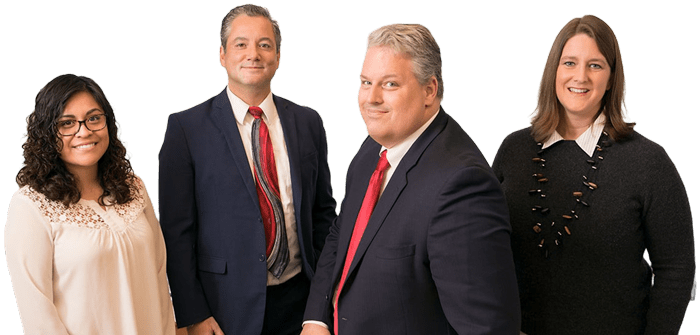What to do After You Have Just Shot Someone?
What should I do after I have just shot someone? As an attorney, I am often asked this question in my practice. Mostly this comes from fellow gun owners who, like me, carry a gun for self-defense. They have trained on what to do during the encounter, how to act non-confrontational, how not to draw the firearm until there is risk of death or serious bodily injury, how to correctly draw and fire the gun and then call the police. Oftentimes the training ends at that point. But I’m here to say that the ordeal is only moving to the next, more difficult stage.
I say that this next stage is more difficult because, at its core, the advice that I generally give next seems to every law abiding citizen who feels that they were forced to shoot someone quite counterintuitive. Because my advice is that, once the police arrive you are, by far, best off not saying anything further. Most ask why don’t I just tell the police what happened? And that seems logical right? You are a good and law abiding citizen. You are trained in self-defense. You have just met a situation that you felt justified using that self-defense training. Explaining this to the police officers you have just called is natural right? Wrong.
During a self-defense shooting, and especially right afterwards, you are almost certainly at a point that you cannot accurately relay a detailed and logical sequence of events. You are almost certainly going to be under the shock and adrenaline rush of the situation and in no condition to give the full details about what happened to police officers, even if they have your best interests at heart, but more on that later. Police departments know this to be case and have codified rules that protect themselves from this. Most every department in the nation has union rules that state an officer cannot be questioned about an officer involved shooting until after a set period of time, sometimes as great as a week later. These rules also give them access to union attorneys to protect their interests during any explanation of the shootings. If this is what police officers do, you should do it too.
And to come back to a point I left earlier, while police officers oftentimes do have your best interests at heart, sometimes they don’t. You, as a law abiding citizen, are most often in the worst situation to realize this. You will need the assistance, as soon as possible, of an experienced criminal defense attorney. He will be able to talk to you about the situation, what happened, why you acted the way that you did, and frame this in best possible way for presentation to law enforcement.
The next question that people as is often “But won’t that make the police officers arrest me?” The answer to this is complicated and unfortunately is mostly answered with “It depends.”
The reason the answer is this way is because the devil is in the details. What happened? Where was it? Who else saw it and what did they say? What was the outcome on the shooting? Who did you shoot? For example, let’s say this was the scenario: You were at the Tacoma Mall with you wife and kids. Many people were around you. Suddenly a man whips out an AK-47 and fires in the air multiple rounds from 20 feet away. You draw you gun and fire on him. All this is captured on video. Compare those facts with these facts. You are alone in a dark, unmonitored alley walking to your parked car. A man approaches and asks for money. You refuse. He becomes upset and starts to approach you and reaches out to you. You draw your gun and fire. Two very different sets of facts with possible different results right? But let’s explore this even more. In the second scenario, you are a 24 year old martial arts student and he is a drunk 74 year old man, different than if you are a 5 foot tall woman and he’s 6 foot 4 and twenty years younger than you. These detail matter to what decision the police officer will be making.
But here’s my point, you have very little control over this. Your cooperation or lack thereof is only one small fact in light of hundreds of other factors taking place in the decision on whether or not you should be arrested. And you are, right after the shooting, in the absolute worst frame of mind possible to be evaluating that decision. So don’t.
This is what you should do. Call the police but don’t be detailed. Give them the location, your description and a one sentence description of what happened: a man attacked me so I shot him, the end. Don’t answer any other question except your name, the location, descriptions of you and the suspect you shot and what’s currently happening. Be as brief as possible. If someone else is calling the police other than the suspect, don’t feel the need to do so yourself.
My point in all this is that if, God forbid, something like this happens to you, you are going to need an attorney helping you as soon as possible.


